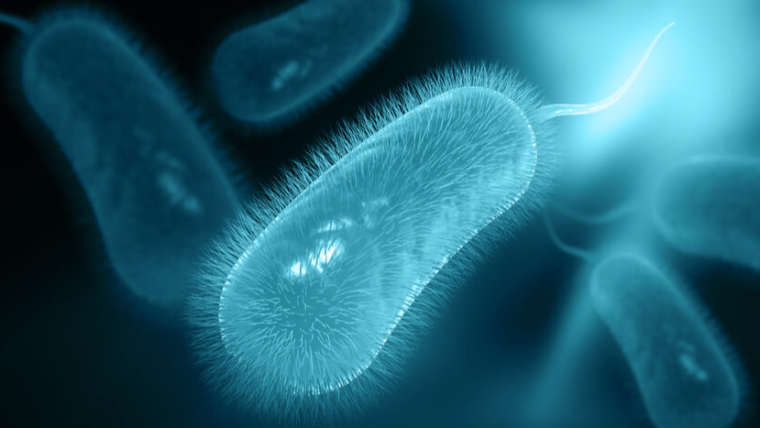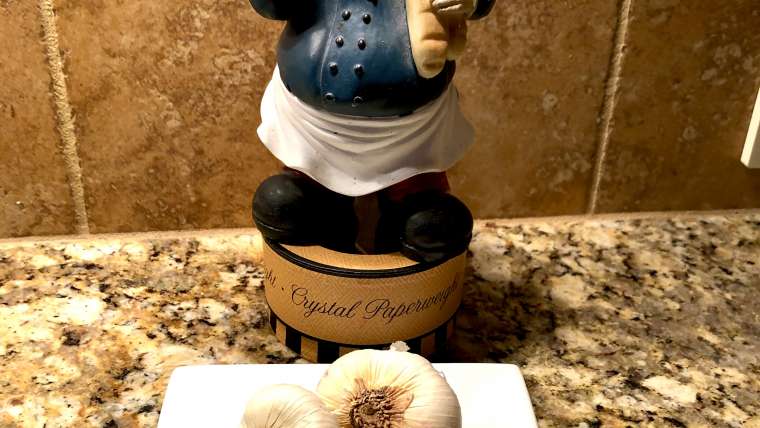Probiotics
Probiotics (Good Bacteria or Beneficial Bacteria) are a group of (primitive) microorganisms that lack a distinct nuclear membrane and have a cell wall of unique composition. Bacteria comprise approximately 90% of Digestive Tract Bacteria in healthy persons. Various species of Beneficial Bacteria (as well as various species of potentially Detrimental Bacteria) populate the Colon. The total number of species of Bacteria in the Colon is approximately 400. It is estimated that Bacteria account for 30% to 50% of the volume of the contents of the Colon. In the Colon, Beneficial Bacteria ferment Insoluble Fiber, Starch and undigested Carbohydrates. The Short-Chain Saturated Fatty Acids produced by this fermentation are the principal source of Energy for the Epithelial Cells of the Colon.Probiotics enhance the function of the Immune System (by producing substances such as Acetic Acid, Bacteriocins, Lactic Acid and Hydrogen Peroxide, Beneficial Bacteria may help to counteract Antigens such as Detrimental Bacteria and Viruses)
Health Benefits of Good Bacteria
– May convert Cholesterol to Coprstanol for excretion, thereby lowering total serum Cholesterol levels
– May enhance the general health of the Digestive system
– May strengthen the Immune System functions of the Intestines
– May alleviate Constipation
– May alleviate Gastroenteritis
– May help to reverse Intestinal Permeability
– May alleviate some of the symptoms of Irritable Bowel Syndrome (IBS)
– May help to treat Urinary Tract Infections (UTIs)
– May be a useful treatment for Ulcerative Colitis
– May help to prevent Small Intestinal Bacteria Overgrowth (SIBO)
Beneficial Bacteria (Probiotics) may Enhance the Function/Production of these Substances
– Beneficial Bacteria in the Large Intestine cause the fermentation of dietary Carbohydrates (especially Polysaccharides)
– Beneficial Bacteria produce Hydrogen Peroxide
– May manufacture some Vitamins including
– Vitamin H (Biotin)
– Folic acid
– Vitamin B2
– Vitamin B5
– Vitamin B6
– Para Aminobenzoic Acid
– Inositol
– Choline
– Vitamin K
Groups of Good Bacteria
– Lactobacillus
– Bifidobacteria
– Streptococcus Beneficial
– Enterococcus Faecium
Substances may Interfere with Beneficial Bacteria
– Chlorine may destroy Beneficial Bacteria
– Detrimental Bacteria within the Digestive Tract may “crowd out” Beneficial Bacteria
– Pharmaceutical Antibiotics may destroy the body’s Beneficial Bacteria – as a side effect of their primary purpose of killing Detrimental Bacteria
– Excessive Stress may cause the depletion of Beneficial Bacteria in the Gastrointestinal Tract
- Insulin Resistance - March 10, 2021
- prostate – Enlarged (BPH) - November 25, 2020
- Probiotics - October 31, 2020


